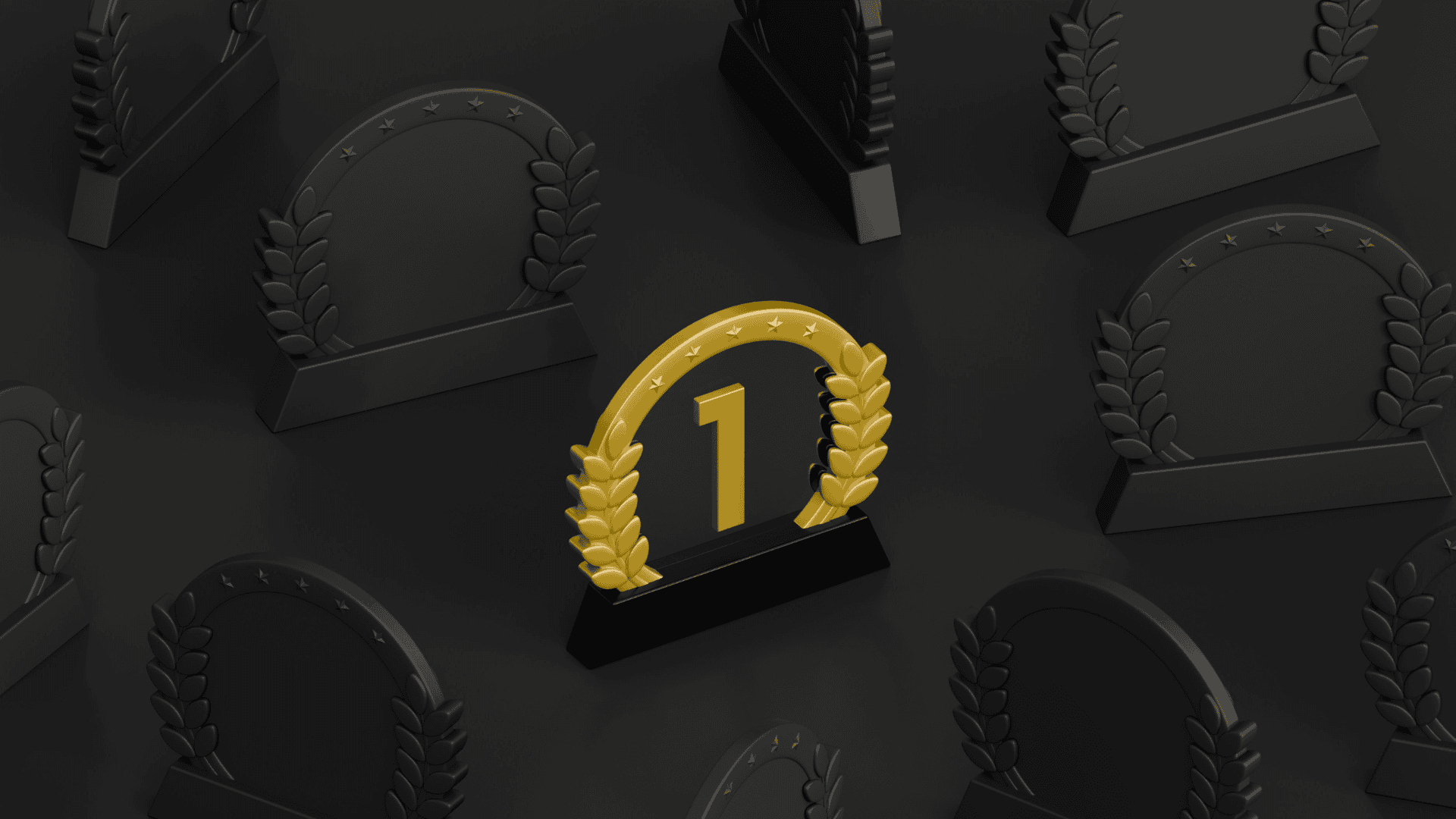Articles
Battle of the beers called off
November 2020
This week it was announced that Lidl, the German discount supermarket, and Dutch beer brewer Grolsch settled their trade mark conflict that arose two years ago and which, throughout that time stirred the emotions in at the least the Dutch IP community.
In 2013 Grolsch launched a new beer bearing the trade mark KORNUIT. The famous beer brewer obtained a registration for the word mark KORNUIT in September 2013 and subsequently registered the logo in April 2018. The KORNUIT beer is sold in various Dutch supermarkets and is also available in bars and restaurants.
In October 2018, Lidl, which operates more than 400 supermarkets in The Netherlands, introduced a new beer bearing the brand name KORDAAT. Lidl applied for the trade mark 
Being of the view that the mark KORDAAT was confusingly similar to its prior registered mark KORNUIT, Grolsch demanded that Lidl immediately cease and desist the use of the mark KORDAAT. As Lidl did not comply with the beer brewer’s demands, Grolsch initiated interim injunction proceedings against Lidl before the Court of Rotterdam.
Grolsch argued that both marks consist of 7 letters, of which the first three “KOR” and the last one “T” are identical, and two syllables. Consequently, the marks are similar from a visual and phonetic point of view. Moreover, both marks are used for identical goods, namely beers.
In addition, Grolsch pleaded that the use of the mark KORDAAT by Lidl would take unfair advantage of the reputation of its KORNUIT brand.
Lidl took the position that the marks are conceptually different. In the Dutch language KORNUIT means “friend” whereas KORDAAT means “determined”. Lidl was of the view that these conceptual differences between the marks counteracted the limited visual and phonetic similarities.
Grolsch countered this argument by pointing out that the words KORNUIT and KORDAAT are of an archaic nature and are not commonly used in the Dutch language anymore. Because of this, the majority of the Dutch consumers would not know the meaning of these words. As Lidl did not submit any evidence, for example the results of a market survey that might establish that the average consumer still knows the meaning of these words, the Court held that in the interim injunction proceedings that no comparison can be made with regard to the conceptual similarity between the marks. The Court seems to take a similar view of the later decision of the CJEU in the Equivalenza [1] case, in which it was held that, for conceptual neutralization to take place in the comparison of the marks, the party invoking this argument, should provide proof attesting to same.
With respect to the phonetic similarity of the marks, the Court pointed out that in both marks the emphasis is on the second syllable and that the sounds of these syllables, namely “NUIT” versus “DAAT”, are very different. The Court held that the overall phonetic similarity is low, as the sounds of the syllables that are emphasized play a predominant role in the comparison.
The Court also held that the visual resemblance between the marks is low because of the clear differences in the letters making up the second syllable.
For these reasons, the Court ruled that, despite the fact that the goods of interest in this case were identical, the marks at issue were not confusingly similar.
Turning to the second ground of Grolsch’s claim, namely that Lidl was riding the coattails of a trade mark with a reputation, the Court pointed out that one of the conditions that needs to be met for such a claim to be successful is that the average consumer could establish a link between earlier mark with a reputation and the younger sign. This means that the mark KORDAAT should, among people that are confronted with this sign, evoke the thought of KORNUIT.
The Court ruled that this is not the case and rejected Grolsch’s claims in its entirety.
Grolsch filed an appeal, but before a decision was issued by the Appeal Court, the parties decided to settle this matter amicably. The reasons for and the terms of settlement have not been made public.
We, as trade mark attorneys, were eagerly looking forward to the decision of the Appeal Court but we all we know is that the marks KORNUIT and KORDAAT will from now on be peacefully co-existing in the Dutch beer market…
Cheers!
[1] Case C-328/18
This article was prepared by HGF Partner Kasper Radstake.





























